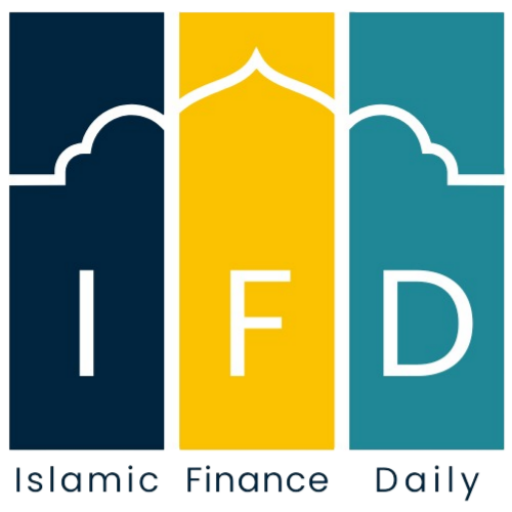Takaful, often referred to as Islamic insurance, is a Sharia-compliant alternative to conventional insurance. Rooted in principles of mutual cooperation and shared responsibility, Takaful is designed to align with Islamic ethics by eliminating prohibited elements such as riba (interest), gharar (excessive uncertainty), and unethical investments. This cooperative model enables individuals to contribute to a common fund to assist those in need, fostering solidarity and community well-being.
Table of Contents
ToggleKey Principles of Takaful
Takaful operates based on several foundational Islamic principles:
- Mutual Cooperation (Ta’awun): Participants support one another in times of need.
- Risk Sharing: Instead of transferring risk to an insurer, Takaful shares the risk among participants.
- No Interest (Riba): Funds are invested in ethical and Sharia-compliant ventures.
- Transparency: Takaful contracts clearly outline terms, ensuring fairness and avoiding uncertainty.
These principles ensure that Takaful not only provides financial protection but also upholds social and ethical values.
How Takaful Works
The process of Takaful involves several stages:
- Participants’ Contributions: Members (participants) contribute premiums (called tabarru’ or donations) into a shared pool.
- Risk Pooling: These funds are used to compensate members who face specified risks or losses, such as accidents or natural disasters.
- Takaful Operator’s Role: The operator manages the fund, ensures compliance with Sharia, and invests funds in ethical ventures.
- Surplus Distribution: Any surplus at the end of the period is distributed among participants or retained to strengthen the fund.
A key distinction between Takaful and conventional insurance is that participants own the fund collectively, rather than the insurer profiting from premiums.
Types of Takaful
- Family Takaful: Similar to life insurance, this covers risks like death or disability.
- General Takaful: Covers risks such as property damage, vehicle accidents, or health-related costs.
- Health Takaful: Provides medical and hospitalization coverage under Sharia-compliant practices.
Benefits of Takaful
- Ethical and Transparent: Operates under strict Sharia oversight.
- Community-Focused: Promotes mutual assistance and shared responsibility.
- No Exploitation: Avoids elements like riba and gharar, ensuring fairness.
- Encourages Social Welfare: Surpluses are either reinvested or redistributed among participants.
Real-Life Examples of Takaful in Action
- Malaysia’s Thriving Takaful Market: Malaysia leads globally in Takaful, with operators like Syarikat Takaful Malaysia Berhad offering products like family and general Takaful to cater to growing demand.
- Middle Eastern Success: Companies like SALAMA in the UAE provide health, motor, and family Takaful solutions.
- A Community Fund for Natural Disasters: In Indonesia, Takaful was used to support victims of natural disasters through a collective fund, providing aid without exploiting the vulnerable.
Takaful vs. Conventional Insurance
| Aspect | Takaful | Conventional Insurance |
|---|---|---|
| Ownership of Funds | Participants collectively own | Owned by the insurance company |
| Investment Practices | Sharia-compliant | Includes interest-based investments |
| Risk Management | Shared among participants | Transferred to insurer |
| Surplus Distribution | Shared with participants | Retained as profit by insurer |
Challenges in Takaful
Despite its benefits, Takaful faces challenges such as:
- Awareness and Understanding: Many remain unfamiliar with Takaful’s workings.
- Limited Coverage: Certain regions lack access to diverse Takaful products.
- Operational Costs: Sharia compliance can increase administrative costs.
- Regulatory Issues: Standardized regulations are still developing in some countries.
Future of Takaful
The global Takaful market is projected to grow significantly, driven by increasing demand for ethical financial solutions. With advancements in technology and wider acceptance, Takaful is set to play a crucial role in financial inclusion for Muslim and non-Muslim communities alike.
Conclusion
Takaful represents more than just an insurance system; it’s a paradigm of mutual support rooted in Islamic principles. By combining financial protection with ethical values, Takaful fosters trust, transparency, and collective welfare. As awareness grows and markets expand, Takaful is poised to become a cornerstone of ethical financial systems worldwide.



